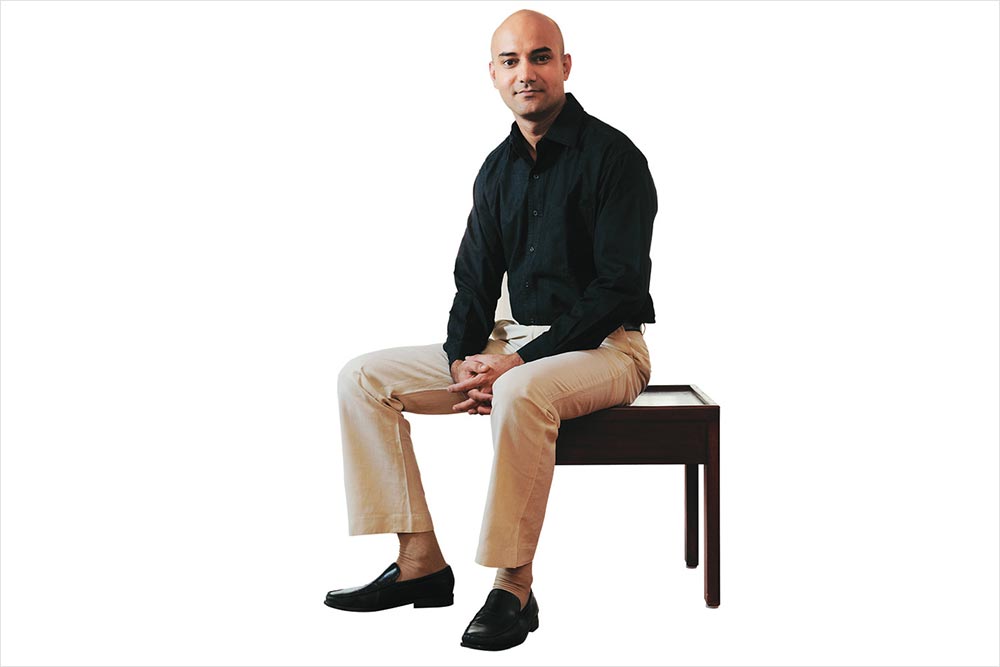Fear. You can never completely get rid of it, and nor should you, because fear is protective — it compels us to run away from danger, to move towards safety, to retreat from peril, and to restrain our impulses. If we lacked the capacity for fear, as a species, we would never have survived.
But being afraid also prevents us from embracing our potential — if fear is disproportionate to risk, if we overestimate the danger of an action, our abilities will be compromised, our decisions weakened.
Fear protects, but it also paralyses. So success, in large part, depends on our ability to manage and even harness this powerful and universal emotion.
All too often, I see intellectual, intelligent executives who are suspicious of the role of emotions in their lives — they find it difficult to believe that their decisions are often coloured by the turbulent emotions of their unconscious mind.
But the data is unequivocal. In one study researchers showed subjects photos of neutral facial expressions: those who felt afraid, interpreted neutral facial expressions as being threatening.
Fear affects perceptions and corrodes the world we live in: if we control inappropriately high levels of fear, we can transform the landscapes of our mind, and find clarity, focus and the strength to face challenges.
What we call courage is not the absence of fear, but the ability to act with clarity in the face of fear.
In order to manage fear, first allow yourself the freedom to experience it. In silence, create a space and time for this exercise; allow fear to wash over you.
Don’t fight it. Don’t be afraid of it. This might seem counter-intuitive, but we only control an emotion when we first allow ourselves to experience it. When you allow the light to shine on the bogeyman, you will see that the beast is much smaller than its shadow.











